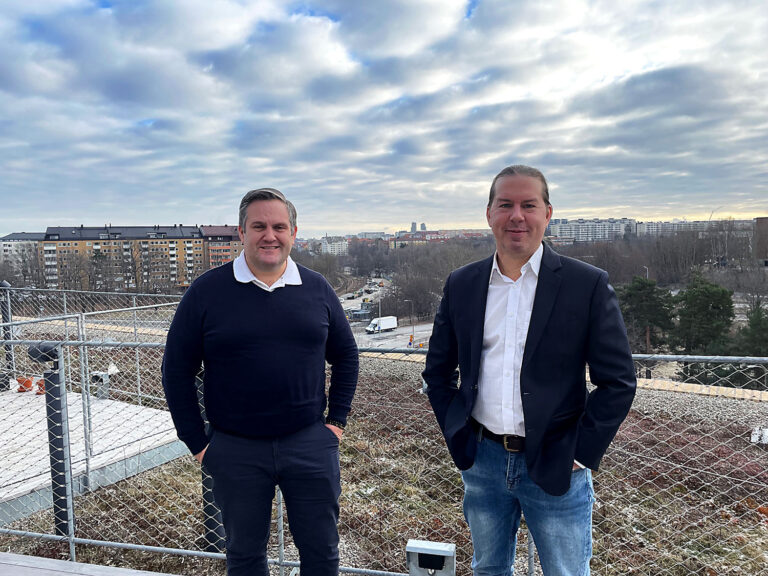An insight before parliamentary, regional and municipal negotiations on power have begun can be obtained from the survey that Sydsvenskan conducted before the election, which was published in the following article.
The article’s survey on how Swedish offshore wind power should be developed and whether the municipal veto should be softened, abolished or retained, is reproduced below.
How should Swedish offshore wind power be developed?
S: has identified sea areas particularly suitable for development, and abolished the connection fees to the main grid for offshore wind power.
V: sees great potential in offshore wind power. Even land-based wind power needs to be expanded to meet the electricity needs in all parts of the country.
MP: wants to see a national strategy for offshore wind power, including a planning target of 150 tWh offshore wind power by 2040. To achieve this, we need to direct our authorities more clearly, redo our permit processes and clearly point out where we want to build offshore wind power in Sweden.
C: Wind power is the type of power that can be expanded the fastest on a large scale, and therefore both onshore and offshore wind need good conditions. We immediately want the government to approve the applications on the table.
L: Even if it takes a long time to put in place, the offshore wind power can be an important contribution to enable the doubling of the electricity system needed within 20 years to cope with the climate. The placement needs to take into account both beauty values, the sensitive marine environment and Sweden’s defence. The fossil-free energy types must have comparable rules of the game. Anyone who wants to connect new production must bear the costs incurred in the electricity system.
KD: The offshore wind power will be a piece of the puzzle when, in order to cope with climate change, Sweden must approximately double electricity production within a couple of decades. KD is against subsidies for the cable connections – wind power must be developed on its own merits.
M: Sweden’s primary problem is that we have expensive electricity when it’s not windy. In such a situation, we believe that the priority task is to ensure that we build more predictable electricity production, in the form of nuclear power. M says no to subsidies with the argument that they make households’ electricity grid fees more expensive.
SD: Offshore wind power plays a marginal role today, but has potential for the future. The cost level for offshore wind power is too high for it to be expanded on a market basis. SD rejects proposals that subsidize wind power, such as abolished connection fees.
Should the municipal veto be softened, abolished or retained?
S: wants to review the municipal veto. It should enter earlier in the process and be clearer for everyone involved. S also wants to develop a system for incentives, partly for municipalities that build wind power, and partly for those whose surroundings are significantly affected by wind power expansion.
V: A municipality should be obliged to take a position on request for or against wind power on a certain land or water area. It is also of great importance that the wind power where it is developed is also combined with local utility.
MP: Municipalities should still be able to decide where they want wind power. But the MP wants the municipal veto to be reformed, so that it becomes clearer when and how the municipalities are allowed to say no.
C: wants to reform the municipal veto to create greater predictability by allowing the municipality to have a say earlier in the process. The local community must share in the values from wind power. Nearby residents who are affected by an establishment must receive compensation for the encroachment.
L: says no to abolishing the municipal veto. The municipalities must have full control over land use in the municipality. There is a need for clear and early notification from the Armed Forces if a location for a wind farm can be accepted.
KD: protects local democracy and the municipal veto. A system is needed for compensation for municipalities and property owners who are affected by wind power installations.
M: wants to keep the municipal veto for wind power construction because the local democratic aspect is important.
SD: It is important to protect the municipal veto. It is the local politicians – and by extension the residents of the municipalities – who are best suited to make decisions regarding wind power installations.
If you want to know more about how the outcome of the election may affect the energy industry and renewable energy, theconsulting services we offer, or want advice, contact us.



